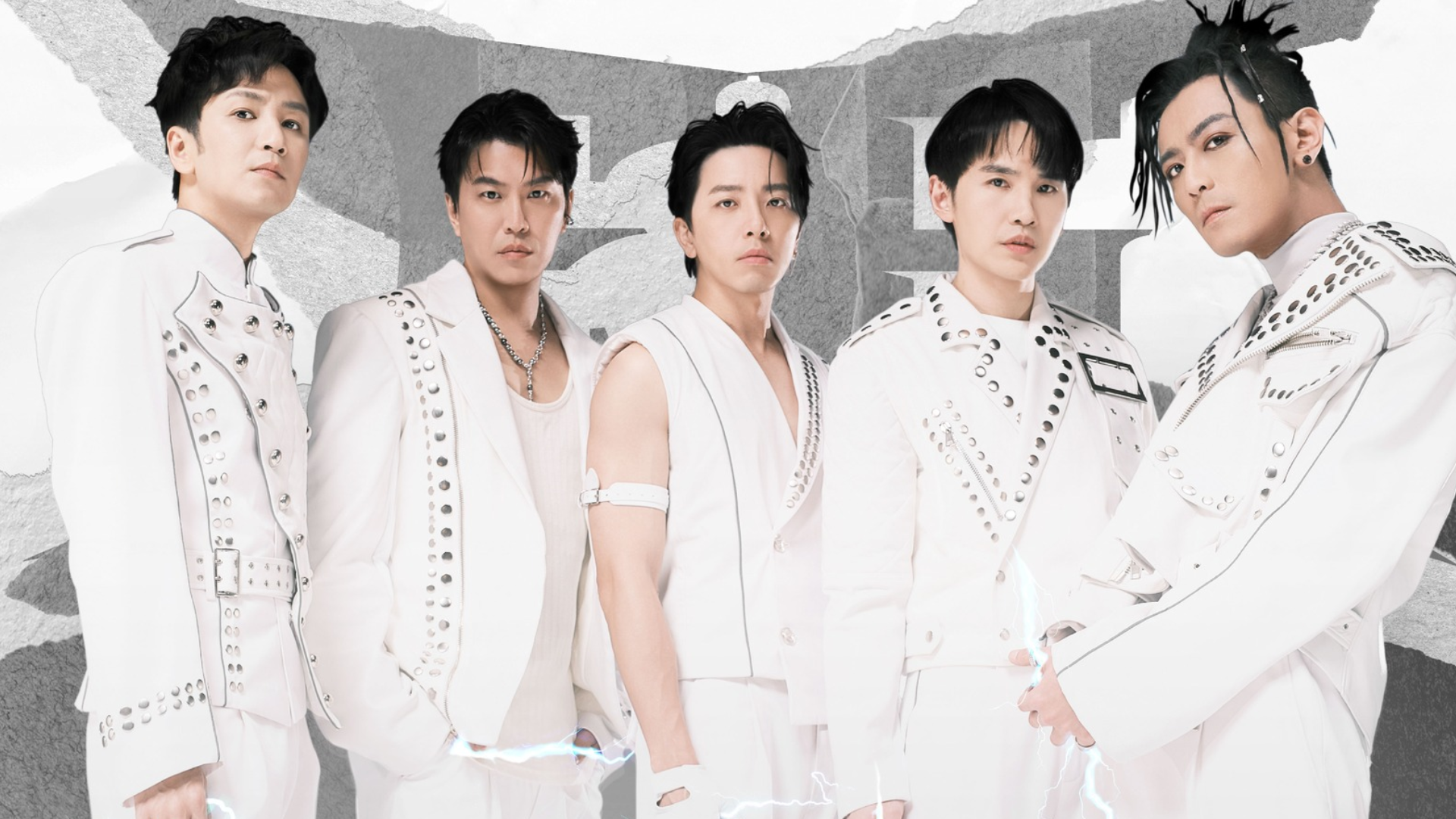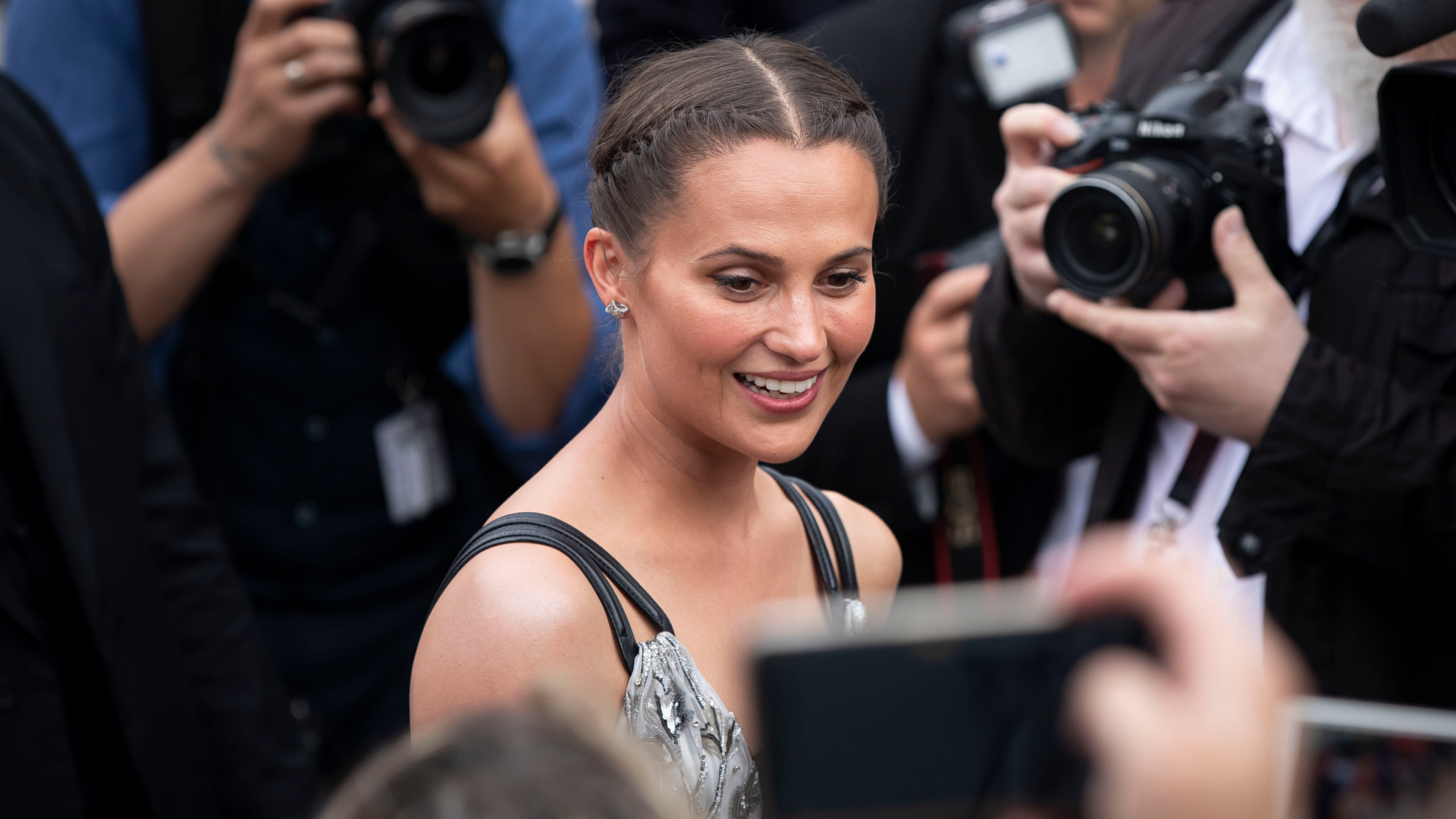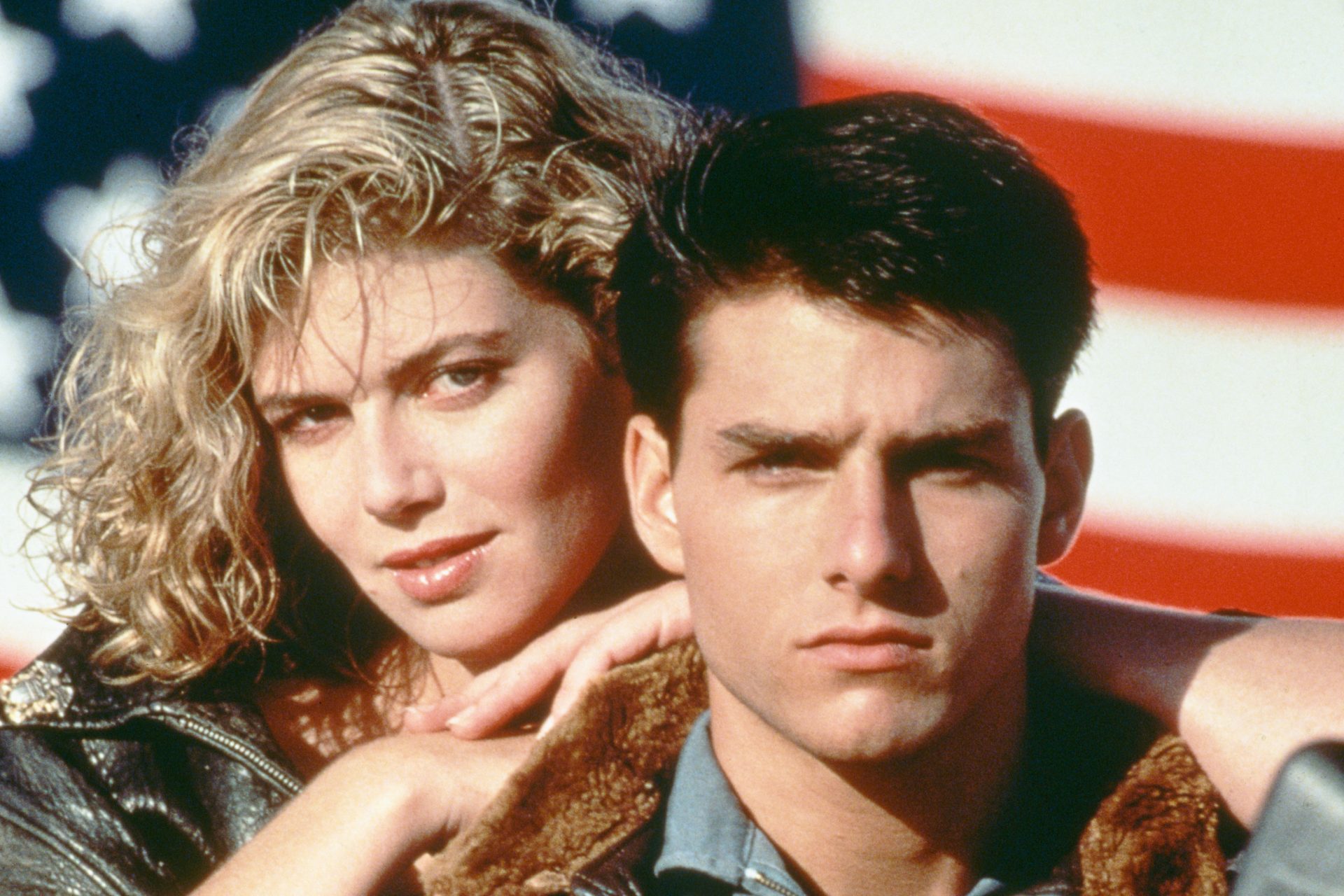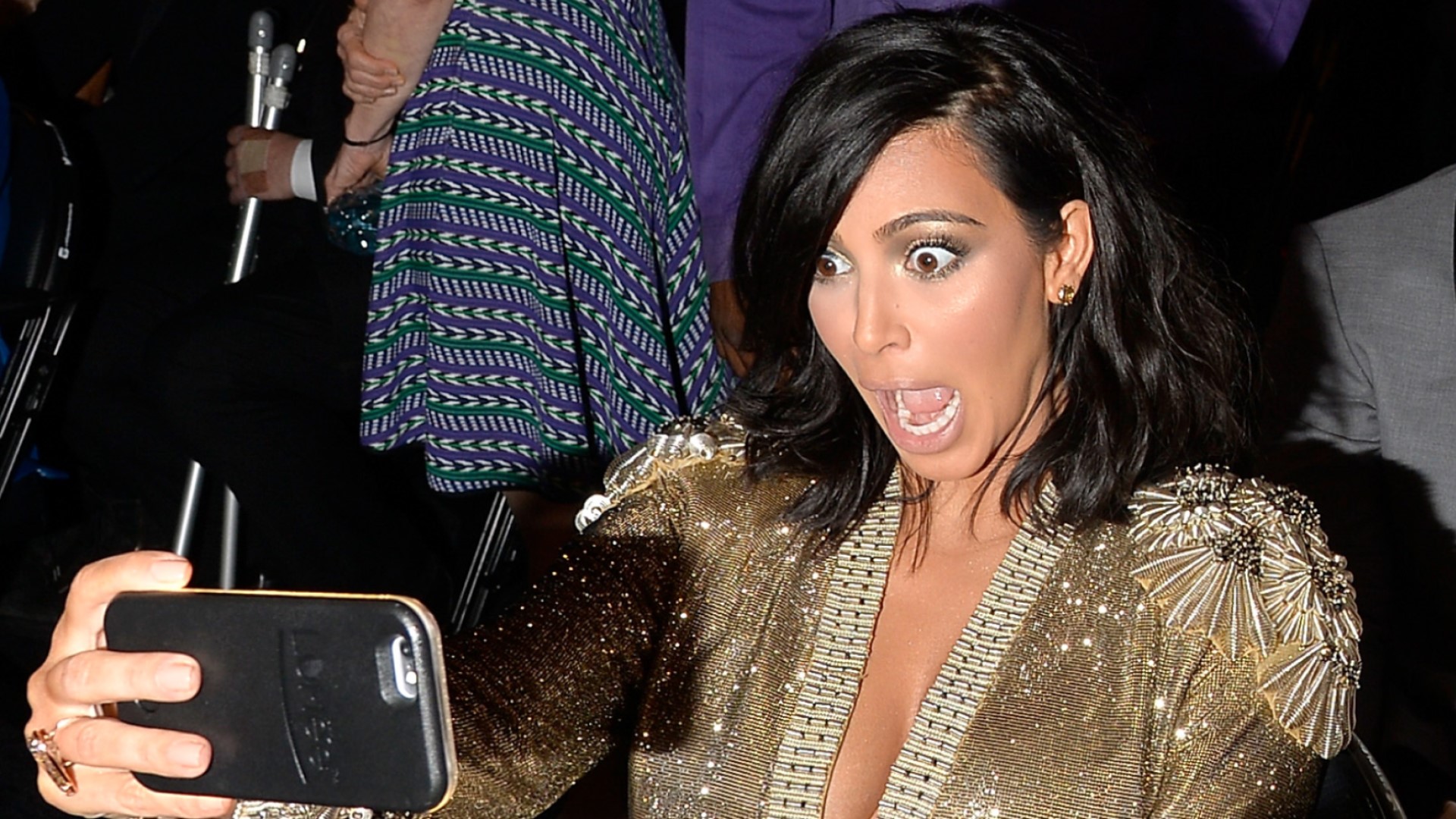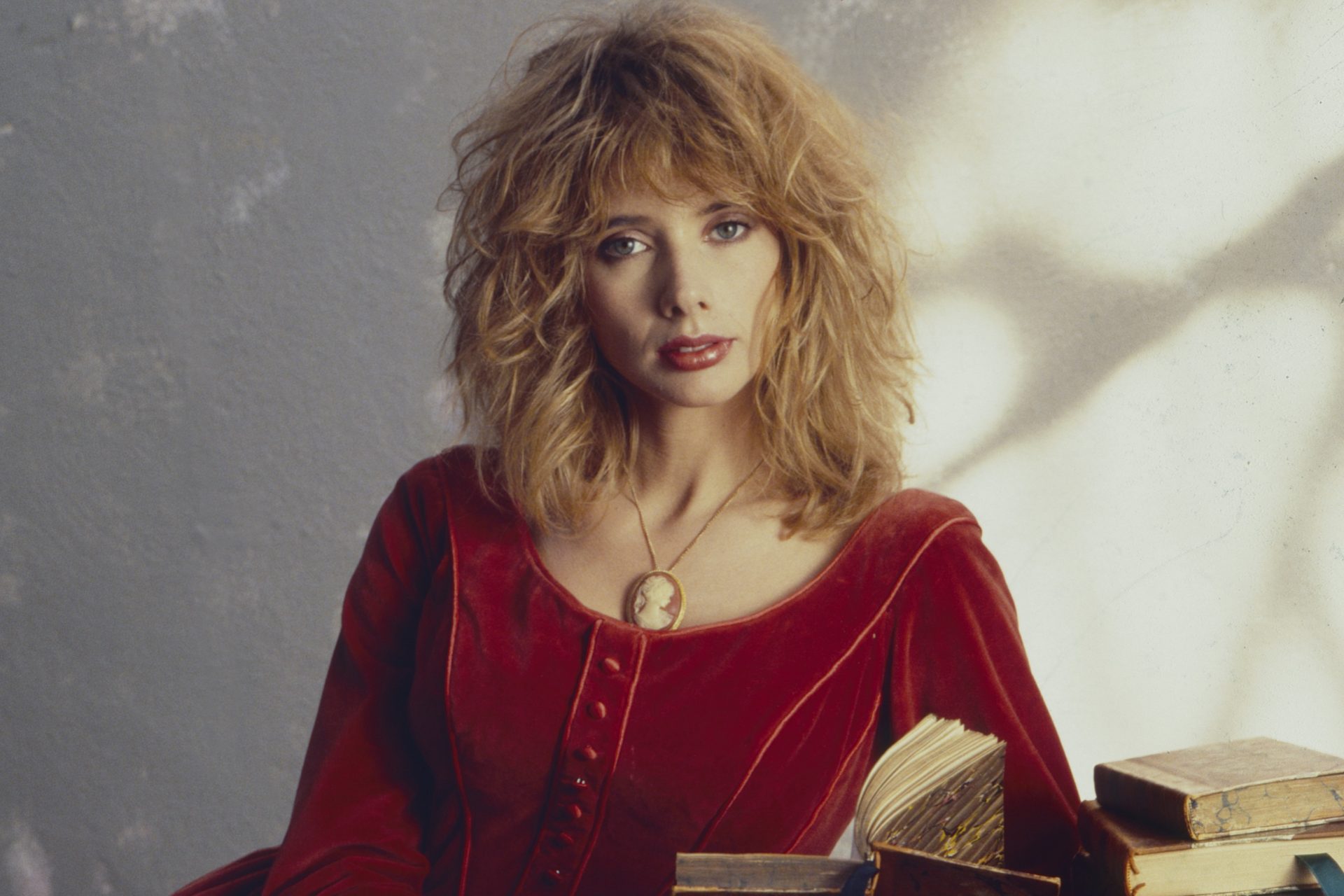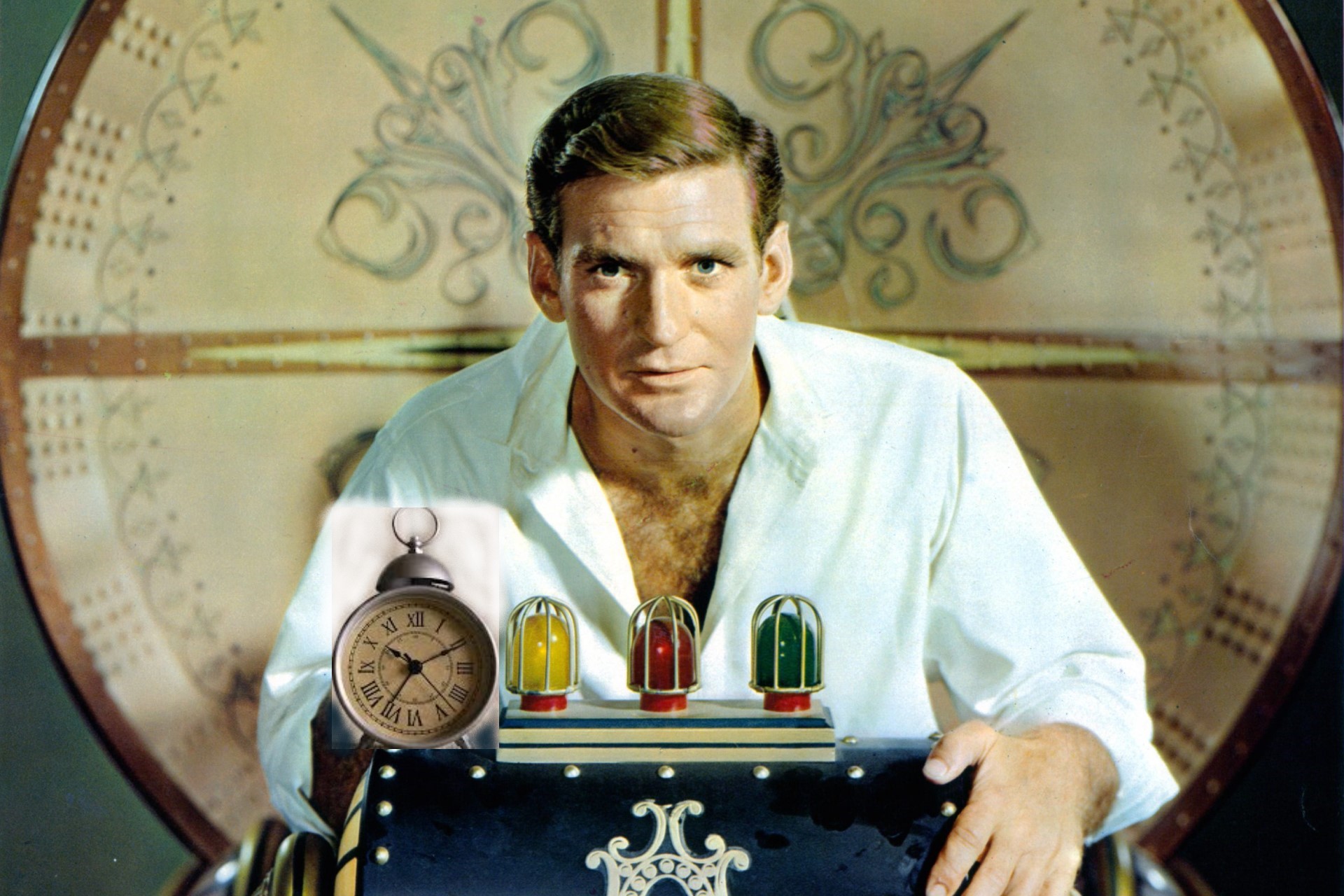Rami Malek knows how to kill people: all about his fighting and other talents
Rami Malek spoke out to Esquire Middle East about his new projects, his Cartier contract and his random additional skills that could have led the actor down a whole different path...
When asked by Esquire ME what was the most random skill the actor had picked up on set, he replied, "The beauty of this job is that we learn trade that you would never have thought about, like, for example, I can shoot a 60mm mortar from the 1940s to a pretty accurate level, if I need to. It’s that nuts?!"
But the thing that affected the actor most on set, according to the publication, was doing a boot camp for the show 'The Pacific'. He said, "I remember one day after the boot camp, I was in the shower feeling pretty good about myself, feeling like I could do just about anything."
"At one point I was like, wait, do I want to become a Marine?"
"It imbues you with such confidence and strength, damn," the actor continued. However, it wouldn't be the career choice for this Hollywood star, adding: "I just don’t want to kill people." And we are glad this Egyptian stuck to his guns.
Malik will be part of Christopher Nolan's 'Oppenheimer' in July 2023, telling the story of American scientist J. Robert Oppenheimer and his role in the development of the atomic bomb.
With a budget of $100 million, Nolan has definitely spent his money buying the best talent there is and he's got together a cast that includes Florence Pugh, Robert Downey Jr., Matt Damon, Emily Blunt, Cillian Murphy and, of course, Rami Malek. Magic.
Rami joins the cast playing a scientist - not too much more is known yet about his contribution to the film. But one thing is for sure, this fashionable superstar will be, once again, spreading his wings and playing something totally different to his previous roles. Malek has worked hard throughout his career to try and avoid the 'Egyptian' stereotype.
Malek is the first actor of Egyptian descent to win an Oscar and has become one of Hollywood's biggest names. But he comes from humble beginnings and, when he eventually made it onto the screen, had a hard time avoiding the 'Egyptian' stereotype.
Malek’s family emigrated from Cairo, Egypt, to Los Angeles in 1978, shortly before Malek was born, in search of the American dream. His father was a tour guide in Cairo.
Rami was born four minutes before his identical brother, Sami, who became an English teacher. He also has an older sister, Yasmine, who is an ER doctor. They all spoke Egyptian Arabic at home until Rami and Sami turned four.
He was born in Los Angeles and grew up in a sheltered home, never really venturing out in to the wider world. He said in an interview, "I grew up in the San Fernando Valley in LA, but somehow, I had no idea that I lived right next to Hollywood... I truly thought that that was a million miles away, and it's just a 10-minute drive."
Rami was a first-generation American. Despite this, he had his own cultural differences, making it hard for him to assimilate. He experienced cultural issues from a very young age - he realised small things, like his name bring different and hard to pronounce. He said, "It only took me 'til high school where I found the confidence to tell everybody, 'No, my name is Rami.' It's a very upsetting thing to think about, that I didn't have the confidence to correct anyone at that point."
Then Malek discovered drama at high school and started to pursue a career in entertainment. He remembers some hesitation and worry from his parents about his career choice and also remembers the day his father walked in to his room and saw him stuffing envelopes with his headshot to send to possible agents and casting directors. It was only then that his family realised he was serious about following this profession.
Rami Malek graduated from Notre Dame high school. His high school colleagues were Kirsten Dunst and Rachel Bilson, with whom he shared musical theatre classes with. Despite this obvious circle of talent, his parents wanted him to focus on becoming a lawyer, so he attended debate classes, too.
But Malek was determined to be seen by the big names in the industry. Working at a Hollywood restaurant, he made sure his headshot went into the hands (or mail boxes) of everyone he believed to be a producer. Eventually it got him an audition for an M&M's commercial. Sadly he didn’t get the part.
During this time Rami moved to a tiny apartment in New York where he was trying to create a theatre company. Rami took jobs delivering pizzas to make ends meet. He also made falafel and shawarma sandwiches at a restaurant in Hollywood to make ends meet. The Arab stigma was not going to leave him anytime soon.
Malek’s Egyptian roots no doubt helped him land his first big-screen role, Pharaoh Ahkmenrah in 'Night at the Museum.' He reprised the role for its two sequels.
(Photo: 20th Century Fox)
Malek played a Marcos Al-Zacar, a bomber who would also take his own life, in the eighth season of '24.' Malek was obviously not oblivious to the danger of being typecast in these sorts of roles.
(Photo: Fox)
Many years later, the actor would muse: "In the West, actors of Middle Eastern descent typically have two options: be ignored, or be stereotyped."
Malek realised his first big roles were obviously related to his roots and heritage, but he also knew how difficult it was to get a break in Hollywood, so in the beginning he sacrificed his principles and took what was offered.
In 2012, Rami Malek played the role of the Egyptian Vampire in the 'Twilight' saga: 'Breaking Dawn-Part 2.' At least his character was actually one of the most powerful and 'good' characters in the whole franchise.
(Photo: Summit Entertainment)
Rami said in an interview, 'In the past it was like, ''Oh well, he’s an acceptable terrorist! He’s an accessible terrorist!'' But after I did that I said to myself, ''You know what? Bullsh**. No more. This is not how I want it.'' The actor, despite offers, drew a line and refused to be in any roles where he would play characters who were religious fundamentalists.
Rami recalls seeing other Middle Eastern actors going as far as changing their names to avoid being typecast by Hollywood. Malek, however, felt that a name change wasn’t necessary to get him where he wanted. And anyway, he was proud of his roots.
Rami explained in an interview with GQ Magazine that his heritage was close to his heart. He said: "There’s no first-generation, or second-generation removed. I am Egyptian. I grew up listening to Egyptian music. I loved Umm Kulthum. I loved Omar Sharif. These are my people."
He eloquently continued, "I feel so gorgeously tied to the culture and the human beings that exist there. I acknowledge that I have a different experience, but I am so enamoured and intertwined with Egyptian culture. It is the fabric of who I am."
One thing that kept Malek striving for his goal of making it into Hollywood was the fact that there was such little racial diversity at the time. When he was growing up he only saw cultural uniformity on the screen. He then had the thought that would spur him on the rest of his life: "I never saw anyone in a lead role that looked like me."
(Photo: Warner Bros)
This motivation that has been pushing Rami Malek through the tough times, allowed him to achieve the fame he has today. His performance in 'Papillon' really caught the world's attention and suddenly he was being called to the biggest role of his career so far.
There was absolutely nothing said whatsoever that an Egyptian (Rami Malek) was playing an Indian Parsi (Freddie Mercury) in a film role. 'Bohemian Rhapsody' was a huge success. In fact, Rami made sure to praise the late Queen superstar in his acceptance speech saying the film was about "a gay man, an immigrant, who lived his life just unapologetically himself." Rami has also always been just unapologetically himself.
(Photo: 20th Century Fox)
Rami became an overnight symbol for many around the world who sought out the American dream. He said in the same acceptance speech: "I am a son of immigrants from Egypt, a first-generation American, and part of my story is being written right now." He was inspiring future generations to believe in themselves.
Which brings us to Rami Malek's 2021 role in the 007 film, 'No Time to Die'. As Daniel Craig's last film, it was already going to have a lot of hype around it, but many have put a focus on the fact that, once again, the villain is being played by the 'Arab'.
In fact, the late scholar Jack G Shaheen noted that "of about a thousand films with Arab or Muslim characters made between 1896 and 2000, only 12 portrayed them positively." And this was before 9/11.
Rami Malek himself had already tackled the problem before taking on the role in 'No Time to Die.' As he told 'The Mirror: "It’s a great character and I’m very excited. But that was one thing that I discussed with [director] Cary Fukunaga. I said, ‘We cannot identify him with any act of terrorism reflecting an ideology or a religion. That’s not something I would entertain, so if that is why I am your choice then you can count me out’. But that was clearly not his vision. So he [Lyutsifer Safin, the villain] is a very different kind of terrorist."
"I’ve always been a seeker of justice, and I don’t like when people are done wrong," the actor said to Empire Middle East. "It’s a quality in me that I’m very proud of."



































